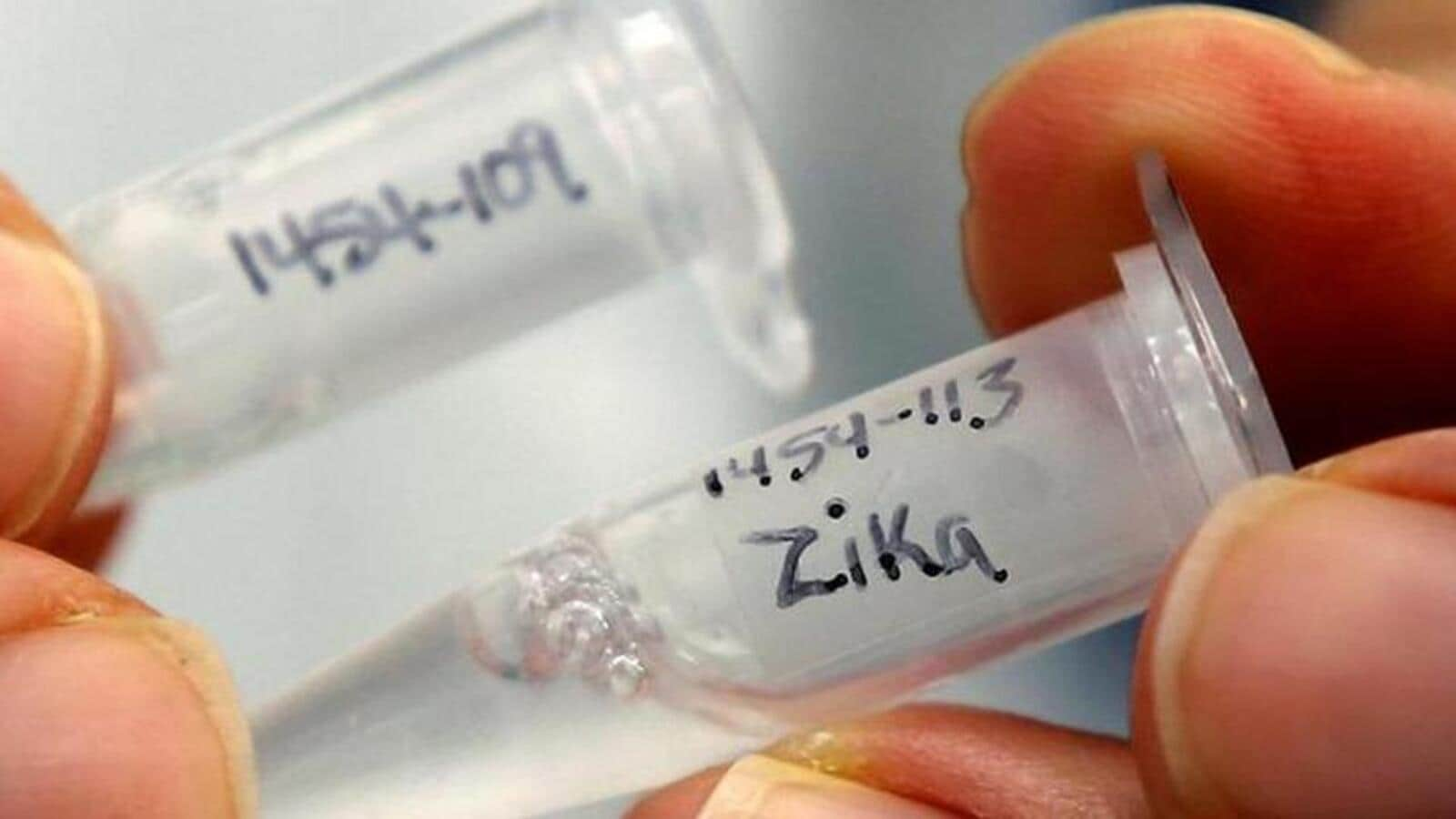Time: 2024-07-01
Amid growing concerns about the Zika virus situation in Pune, a recent case of Zika virus infection has been identified in a 46-year-old doctor, renewing worries about Indias readiness for diagnosing emerging infectious diseases. The doctor was hospitalized after experiencing symptoms like fever and rashes and was diagnosed with Zika virus infection after his samples were sent for testing to the apex virology institute in Pune. Further testing revealed that his 15-year-old daughter was also infected. This is not the first time Zika has been identified in India, with previous cases reported in multiple States, including larger outbreaks in Kerala and Uttar Pradesh in 2021.
Zika virus is a mosquito-borne pathogen that belongs to the flavivirus family, like dengue. The clinical symptoms of Zika infection can be mild and often indistinguishable from other infectious diseases such as dengue. However, for pregnant women, Zika poses a significant risk as it can be transmitted from mother to child, potentially leading to microcephaly in the offspring. The same vectors that spread dengue could also spread Zika due to climate change, but Indias lack of significant Zika surveillance complicates understanding its spread.

The National Institute of Virology (NIV) Pune will train health officials from the Pune Municipal Corporation (PMC) on preventing and managing Zika virus infections in the city. PMC has reported five Zika virus infection cases, including a 28-year-old pregnant woman from Erandwane. The NIV experts will discuss standard operating procedures (SOPs) to prevent a Zika outbreak in Pune, focusing on containment and surveillance activities.
Training will be conducted online, with guidelines issued by experts considered for future responses to Zika virus infections. PMC officials have examined over 9,000 people living in Erandwane and Mundhwa following the reported cases to contain the spread of the virus. Dr. Rajesh Dighe, assistant health officer of PMC, mentioned that NIV experts and state officials will provide guidelines to civic officials, ensuring ongoing containment and surveillance activities are in line with best practices.
In light of the recent cases and training initiatives, it is essential for India to establish a decentralized system for diagnostics, genomic surveillance, and data sharing to enhance preparedness and public health responses to emerging infectious diseases. By leveraging the experience gained during the COVID-19 pandemic to improve testing capacities for diseases like Zika, Nipah, and avian influenza, India can effectively respond to future outbreaks and safeguard public health.